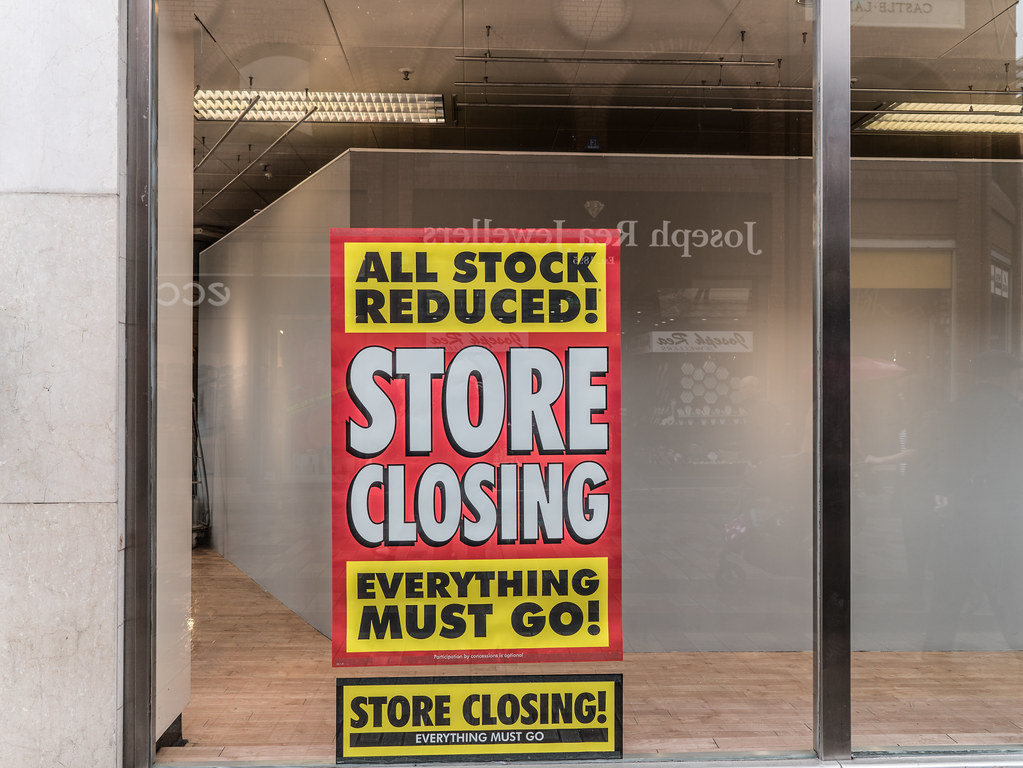LONDON (Parliament Politics Magazine) – According to the spending watchdog of the parliament, error and fraud cost the government of UK up to £16 billion over the Covid-19 emergency loan schemes, which it characterised as “unacceptable.”
According to a report released on Wednesday by the public accounts committee, the Treasury should calculate and give estimates of error and fraud losses across different schemes by the year end, as well as how much it plans to recover.
During the coronavirus pandemic, the government insured or provided loans totalling £129 billion to families and businesses to help them financially. Ministers, on the other hand, were told from the start that the schemes would open them to fraud.
Since then, government agencies have discovered large-scale frauds in a variety of programmes, including the coronavirus job retention scheme (CJRS) for furloughed workers, the bounce back loan scheme (BBLS) for small businesses, and the coronavirus business interruption loan scheme (CBILS) for mid-sized businesses. Some loans were used to support gambling, luxury indulgences, and house renovations, according to reports from crime and bankruptcy organisations.
Last month, Theodore Agnew abruptly resigned as a Treasury minister after criticising the lack of action to recover stolen funds in a speech to the House of Lords.
According to the report, data from government departments’ yearly reports revealed fraud and mistake losses of between £12.4 billion and £20.1 billion, with an estimate of £15.7 billion.
The furlough system is thought to have lost £5.3 billion in fraud and errors, followed by the BBLS, which is reported to have lost £4.9 billion. Although the government has created a “taxpayer protection task-force” to combat fraud in HM Revenue and Customs schemes such as furlough, anti-corruption specialists are concerned that funding is insufficient to combat fraud in bounce back loans.
In addition, the government will have to write off £21 billion in loans to individuals or enterprises who would be unable to repay them.
The loans fraud, according to Dame Meg Hillier, the Labour MP who chairs the public accounts committee, is part of a pattern of repeated failures by the administration.
An intolerable degree of blunders, waste, loss, and opportunities for fraudsters have resulted from a lack of preparedness and planning throughout government, which will possibly end up robbing the current and future taxpayers of billions of pounds, she said.
Hillier noted that, rather than enabling Covid-19-related spending measures to be incorporated into individual budgets, the Treasury should continue to account for them separately throughout their lifespan.
According to National Audit Office estimates, the total cost of the UK’s Covid-19 measures is anticipated to be £370 billion over a period of up to 20 years in the case of the cultural recovery fund. By September 2021, £260 billion has been spent.
All The administration must be held responsible in this way to all the taxpayers of the future who will be paying for this reaction, Hillier added. Crucially, this must ensure that lessons are learned for when the next major crisis occurs, whether it is related to climate change, health, or finance.”
The Treasury rejects the assertions made in this article,” a Treasury spokesperson stated. There have been no fraudulent payments wiped off, and the taxpayer protection task-force expects to collect up to £1 billion in fraudulent or improper payments.
The economy is returning to pre-pandemic levels and growing at the highest rate in the G7 thanks to the speed and scale of their intervention. Inaction may have had disastrous consequences for livelihood and jobs, they added.






